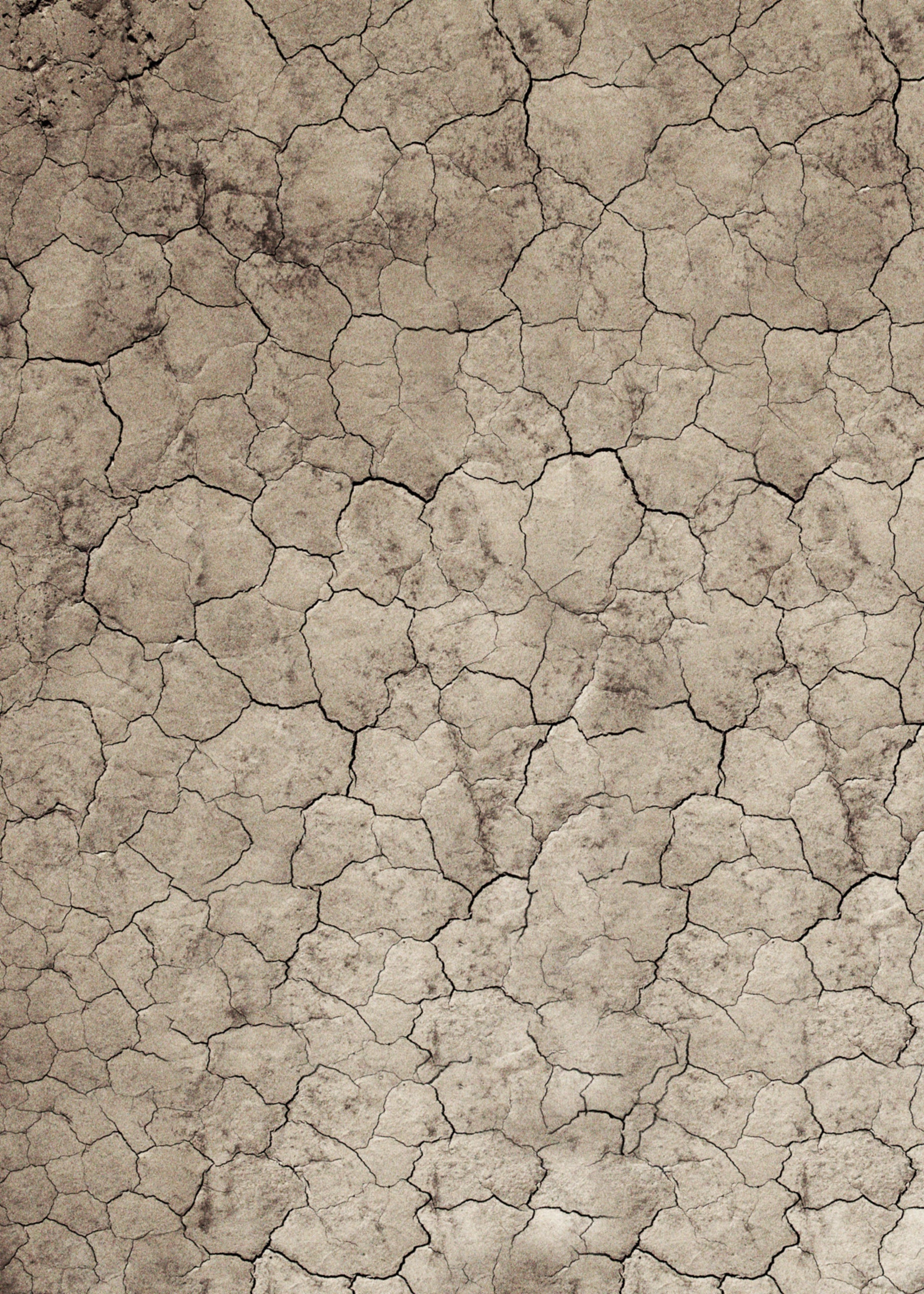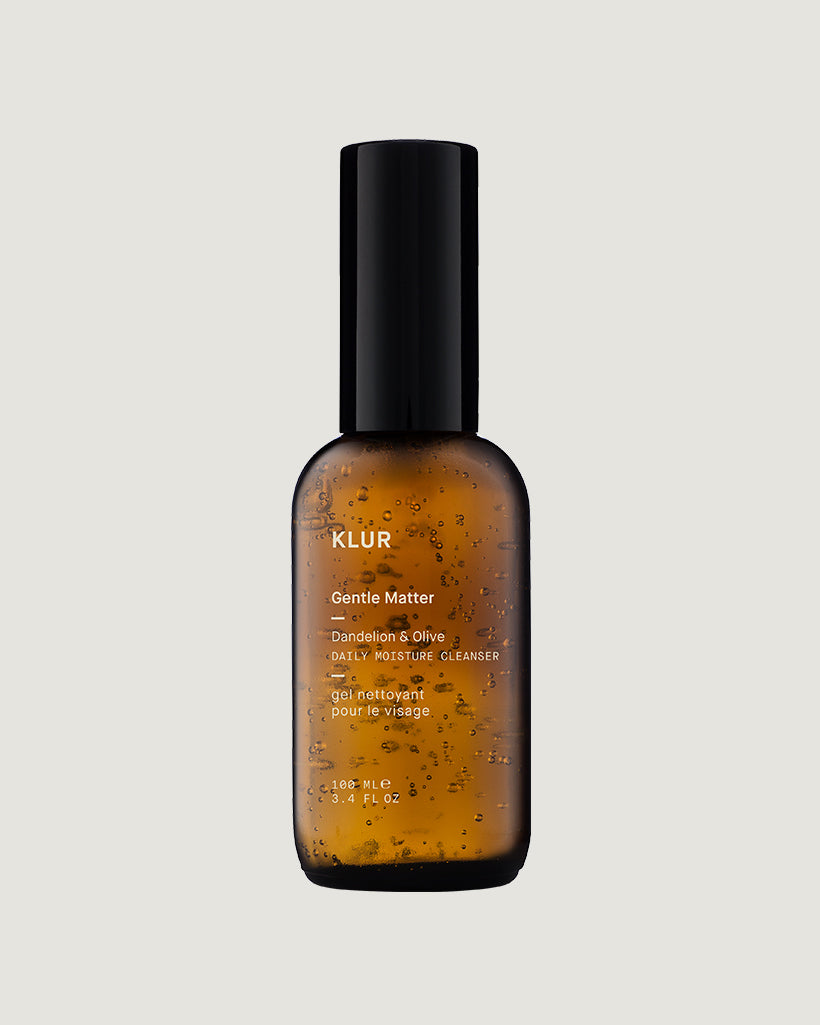What weakens the skin barrier?
Many factors can compromise our skin barrier, stripping away or changing the lipid and moisture content of the skin. This includes environmental aggressors such as pollution and UV exposure, stress, hormones, and skincare routines.
Non-supportive skincare habits that can damage the skin barrier include:
Over cleansing skin
Many cleansers, often those targeted to acne-prone skin, strip the skin of essential moisture and oils (lipids) it needs to function optimally.
While you may see short term results in the reduction of acne, harsh cleansers are doing far more long term damage to the skin barrier - which usually leads to more breakouts. Cleansers that are either too alkaline (baking soda) or too acidic (lemon) disrupt the skin’s natural pH level which needs to remain balanced for a healthy barrier.
Over exfoliating
Removing dead skin cells with exfoliation also means removing part of the functional skin barrier. Exfoliating should be based on your skin's needs rather than skincare trends and not part of your daily routine. Some people with easily compromised barriers may not wish to exfoliate at all.
The chemical responses released in your body when you’re under stress impair the barrier function. The result? Skin is more sensitive, reactive and struggles to heal itself. Flares of inflammatory skin conditions such as eczema and rosacea can also be triggered by stress.
UV and pollution
Unprotected sun exposure and pollution take a toll on the skin barrier causing it to weaken and depleting the skin's protective abilities. This results in premature aging dehydration, sensitivity, uneven dullness, and skin tone.
The chemical responses released in your body when you’re under stress impair the barrier function. The result? Skin is more sensitive, reactive and struggles to heal itself. Flares of inflammatory skin conditions such as eczema and rosacea can also be triggered by stress.
Hormones
Your skin barrier changes in response to hormone fluctuations. You may notice differences in skin hydration, elasticity, acne outbreaks, and the speed of wound healing at different times in your menstrual cycle, during pregnancy and menopause.
Prescription medication and even over-the-counter treatments may cause changes to your skin. Birth control, heart medication, and antibiotics are a few of the most common medications to weaken the barrier.





